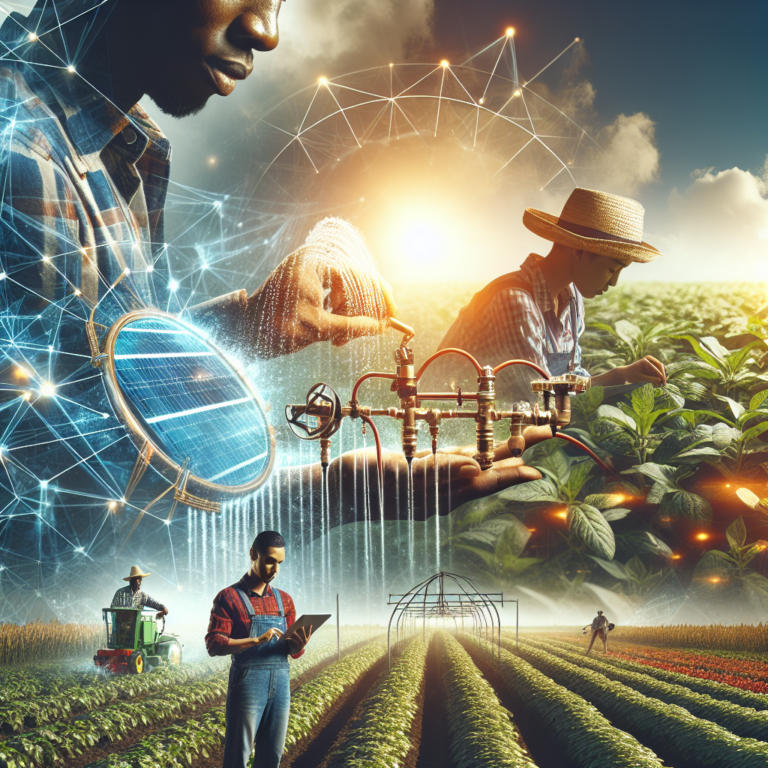Innovative crop irrigation methods have revolutionized agriculture in recent years, allowing farmers to maximize their crop yields while conserving water resources. Traditional methods of irrigation, such as flood irrigation or sprinkler systems, can be wasteful and inefficient, leading to water shortages and environmental degradation. However, with the advent of new technologies and practices, farmers now have a variety of options for watering their crops in a more sustainable way.
One of the most popular new methods of irrigation is drip irrigation, which delivers water directly to the roots of the plants through a network of pipes and tubes. This method is highly efficient, as it minimizes water loss through evaporation and runoff, leading to significant water savings. Drip irrigation also allows for more precise control over the amount of water delivered to each plant, reducing the risk of overwatering or underwatering.
Another innovative method of crop irrigation is precision agriculture, which uses sensors and data analysis to optimize water usage and crop growth. By monitoring factors such as soil moisture levels, weather conditions, and crop health, farmers can make more informed decisions about when and how much to irrigate their fields. This not only conserves water but also improves crop yields and quality, leading to higher profits for farmers.
In addition to these high-tech solutions, there are also simpler, more low-tech methods of irrigation that can be highly effective. For example, rainwater harvesting systems collect and store rainwater for later use in irrigation, reducing reliance on traditional water sources. Subsurface irrigation, in which water is delivered directly to the root zone of the plants underground, is another efficient method that minimizes water waste.
Overall, innovative crop irrigation methods offer a range of benefits for farmers and the environment. By using these new technologies and practices, farmers can increase crop yields, conserve water resources, and reduce environmental impact. As the challenges of climate change and water scarcity continue to grow, these innovative irrigation methods will play an increasingly important role in ensuring the sustainability of agriculture around the world.










